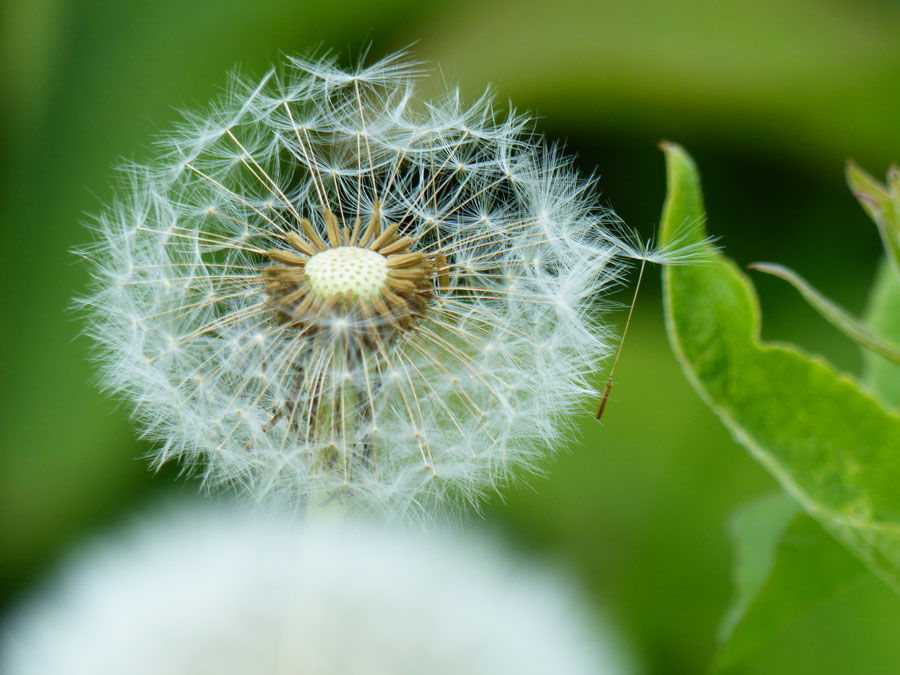

Soil compost – philosophy and practice
(notes for a slide show as keynote speaker at the 2014 Soil forum in Falmouth)
Since being asked to talk about the philosophy and practise of composting I have made innumerable starts and tried loads of different techniques from Mind Maps to lying in the garden to try and really think about it – but I just fell asleep in the sun.
Why do I get so worked up and passionate about soils and compost?
I keep asking myself the same questions
Trying to give a talk in a linear way about soils and compost is incredibly difficult; as complex as the soil food web is itself I suppose.
I really liked Satish Kumar’s Tedx talk at the first Tedx when he talked about Soil, Soul and Society
and he kept referring back to these three words – how could I pick three words out of the compost story to sum it all up..... then I thought of the four words I ask on every school visit I do.
I do a lot of work in schools and when I do an assembly, or work with a class, I always ask them, “What are the four most basic requirements of life that we all need every day?” slide of planet?
Perhaps you could say now! Put up words on screen ‘Air’ ‘Water’ ‘Food’ ‘ Warmth’.
My talks on explaining what composting is all about have come to be about recognising that soils and compost, are alive. And of course in order to thrive and be healthy, both soils and compost have to have these four basic requirements. In fact with compost, the main skill is in balancing water and air. The food, which all the life involved in the composting process needs, is comprised of water and air, and the harder drier bits allow air to percolate through. If the pile is made big enough then warmth is not such an issue as the process generates heat which will be insulated by the size of a large heap.
So If I had to pick out three words or concepts, the first would have to be Compost is Alive.
The second would be borrowed from Joe Jenkins Humanure Handbook Compost Happens!
The third could be Free Compost!
So being aware that your compost is alive and the key needs are air and water should make you think about every forkful, bucket, wheelbarrow you add to your compost heap. “Am I adding stuff full of water or am I adding stuff full of air?” These materials are on a continuum too, so on the one hand we have very wet materials like fresh lawn mowings or urine, and on the other hand very dry materials such as wood chippings or twigs. We also have absorbent material like cardboard and paper and so we have to be careful we don’t confuse “absorbent” with “adding air,” because it’s not the same thing.
So what is all this life? Well examples of all the kingdoms of life can be found in compost but we are not aware of most of the life there is because it is so very small.
So Compost Happens! Because of all this life, it is pretty difficult to stop things rotting anyway and compost is really just a way of accelerating that process by combining different stuff together, creating a pile of mixed sizes, shapes, degrees of wetness, hardness, dryness, absorbency and so on. And as long as it’s warm enough or the pile is big enough it can carry on working all year round. So Satish’s quote “why would you deny the earth your cauliflower stalk” for me sums up why I am so keen to compost everything!
Gardening is one of the top leisure pursuits in this country and yet most people seem hell bent on either putting out sack loads of compostable material for the Council to collect or burning it. Then they go to the garden centre and buy sacks of compost for their gardens – much of this is what I call peat in a bag with chemicals.
How have we got to the state where we think it acceptable and normal to behave in this idiotic way? The lorry I was stuck behind on my bike today in Chagford, was loading up a load of "garden waste" which was going to Tavistock over 20 miles away – crazy!
Twenty years ago I started the Chagford Community composting project (now called ‘Proper Job’) to stop compostable material being landfilled, fly-tipped or burnt. My vision then was that every community would have a community composting project and everybody would understand the importance of every cauliflower stalk to the health of the soil. Instead all this fertility is driven away across the moor!